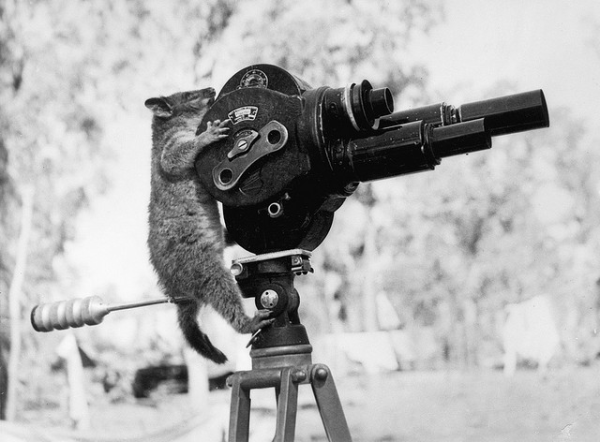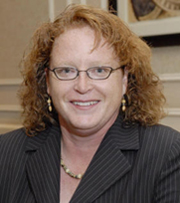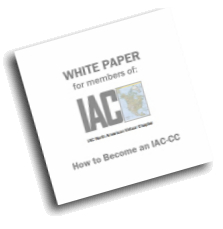 My colleague and friend, Deborah Brown-Volkman, and I are planning a coaching communications project that moves beyond, ‘Which coaching questions should I ask?’ and covers the trickiest and stickiest conversations that professional coaches must have, but often dread.
My colleague and friend, Deborah Brown-Volkman, and I are planning a coaching communications project that moves beyond, ‘Which coaching questions should I ask?’ and covers the trickiest and stickiest conversations that professional coaches must have, but often dread.
You know the coaching conversations that give you sweaty palms:
- How do you handle the client who doesn’t pay you on time?
- How do you tell your client that you really can’t give them an extra 20-30 minutes every week?
- How do you tell your client that s/he needs therapy instead of coaching?
- What do you say to the client who ‘can’t afford’ you?
- How do you raise your fees without losing your clients?
- [insert your dreaded client conversation question here]
My students and mentees ask me these questions everyday, but Deborah and I are creating a new resource to give you answers and ideas that are right at your fingertips.
The truth is, as a coach, you need advanced communication skills. And if you don’t have them, your peace of mind will suffer and so will your coaching.
“Success in life is directly proportional to the number of awkward conversations you’re willing to have.” - Anonymous
Do you worry about how to handle touchy conversations with your coaching clients? Then please share which conversations keep you up at night in our comments section, below.
Tell us some of the hardest or most difficult conversations you've had or don't want to have. Your questions about communication best practices for coaches will help shape this project greatly - and will help us to better help you.
Please share your questions below. We’ll be happy to offer answers or methods for finding your own best answers, so you never have to dread having another uncomfortable conversation again. And if you have a great story about how you handled a tough conversation, we’d love to hear it - and you might just help a fellow coach get a good night’s sleep tonight!
[UPDATE: Deborah and I are hosting 4 low-cost live, interactive tele-webinars on how to have the toughest coaching conversations of your career. Click below for more info...]




 Today one of my mentor coaching clients said something brilliant.
Today one of my mentor coaching clients said something brilliant.
 Mattison Grey is professional business and leadership coach and the founder of
Mattison Grey is professional business and leadership coach and the founder of 

 One of the many hurdles that a new coach might struggle with is getting up that first website.
One of the many hurdles that a new coach might struggle with is getting up that first website.




